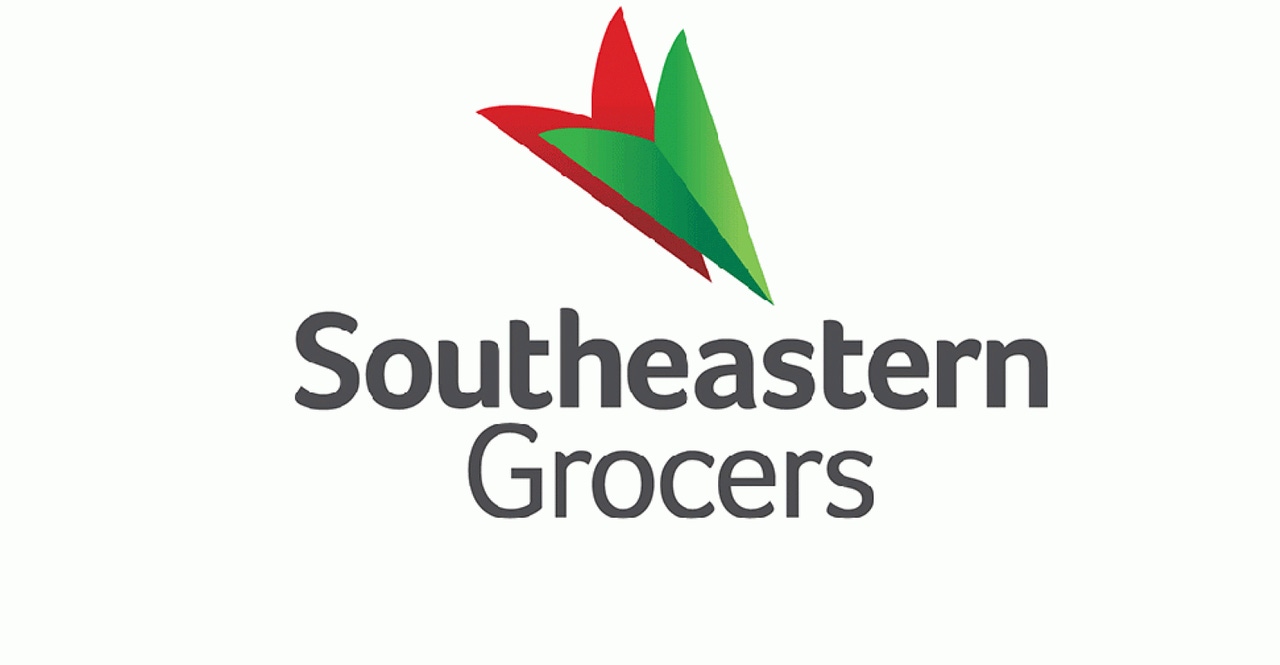Southeastern Grocers faces looming debt challengesSoutheastern Grocers faces looming debt challenges
Parent of Winn-Dixie, Bi-Lo could consider bankruptcy: report
November 11, 2017

Southeastern Grocers needs to revamp its capital structure in the face of significant debt maturities in 2018 and 2019, according to a report from Moody’s Investors Service, which has downgraded the company’s debt to indicate a high degree of risk.
The situation could lead the company, which is owned by private equity firm Lone Star Funds, to restructure through a Chapter 11 bankruptcy filing, Bloomberg reported on Friday, citing unnamed sources. According to the Bloomberg report, the company is evaluating a debt-for-equity swap that would give current bondholders an ownership stake, but it has not yet determined whether or not to do that through a bankruptcy filing.
Neither Southeastern Grocers nor Lone Star could be reached for comment.
Lone Star acquired Bi-Lo in 2005 and later acquired Winn-Dixie, merging them into Southeastern Grocers, based in Jacksonville, Fla. The company also bolted on 21 Piggly Wiggly stores and acquired the Harvey’s chain in 2013, and now operates more than 700 supermarkets across the Southeast.
Southeastern had filed a prospectus for an initial public offering in 2013 but has since backed off its plan to go public. In 2012 the company reported $126.8 million in net income on $9.74 billion in revenues on a pro forma basis.
According to Moody’s, Bi-Lo Holding Finance, which is the entity that issued the debt, faces an “increased probability of a distressed exchange.”
Southeastern has $475 million in unsecured notes issued by the holding company due to mature in September 2018. It also has $425 million in senior secured notes issued by the operating company due February 15, 2019. In addition, its $900 million credit facility, which has about $284 million drawn, matures in November 2018 if any of the senior secured notes are outstanding at that time.
The company needs to address the unsecured debt of the holding company first, but also needs to restructure its capital position overall, said Mickey Chadha, VP at Moody’s.
“They have to either refinance that debt, since they don’t have the cash to pay it off, or they have to restructure it to extend the maturity, or restructure it in some way that is amenable to the investors and the company,” he said.
Filing bankruptcy “would be the most drastic outcome,” he said.
“It comes down to whether they can come to some kind of negotiated settlement,” Chadha said.
Operationally, he said the company “is doing fine” despite a challenging industry environment, and that the current leverage is manageable. He expects the debt-to-EBITDA ratio to be about 5.25:1 by the end of fiscal 2017, compared with 5.9:1 at the end of fiscal 2016.
However, the fact that the capital structure needs to be renegotiated before the unsecured notes become due next September puts the company in a difficult position.
“We do think there is a high probability that there will be some kind of an exchange, or some kind of a negotiated outcome,” he said.
It is possible that the current notes could be exchanged for new notes with a later due date, plus some cash or equity, for example, Chadha explained.
“If the company refinances the debt and everything goes OK, we will probably upgrade the company at some point,” Chadha said.
Moody’s this month downgraded the Bi-Lo Holding corporate family rating to Caa1 from B3, and its probability of default rating to Ca-PD from B3-PD. The $475 million in unsecured notes were downgraded to Caa2 from Ca, and the $425 million in secured notes were downgraded to Caa1 from B3.
The new ratings indicate debt that involves “substantial risks” or is “extremely speculative,” vs. previous ratings that labeled the debt as “highly speculative.”
The Bloomberg article focused on how Lone Star was able to pay itself hundreds of millions of dollars by issuing debt in the name of Bi-Lo. According to the article, Lone Star has paid itself at least $800 million since 2012, plus management fees, after buying Bi-Lo for $150 million in 2005.
Southeastern’s IPO prospectus showed that the $475 million debt issue in 2013 was used to pay a $458 million distribution to Lone Star. The company also paid Lone Star distributions of $76 million in 2011 and $305 million in 2012, according to the prospectus.
Lone Star has invested capital into the company beyond its initial $150 million acquisition, the Bloomberg report noted. It contributed another $150 million after Bi-Lo filed bankruptcy in 2009, and also contributed $275 million to the purchase of Winn-Dixie in 2012.
About the Author
You May Also Like



.webp?width=300&auto=webp&quality=80&disable=upscale)
